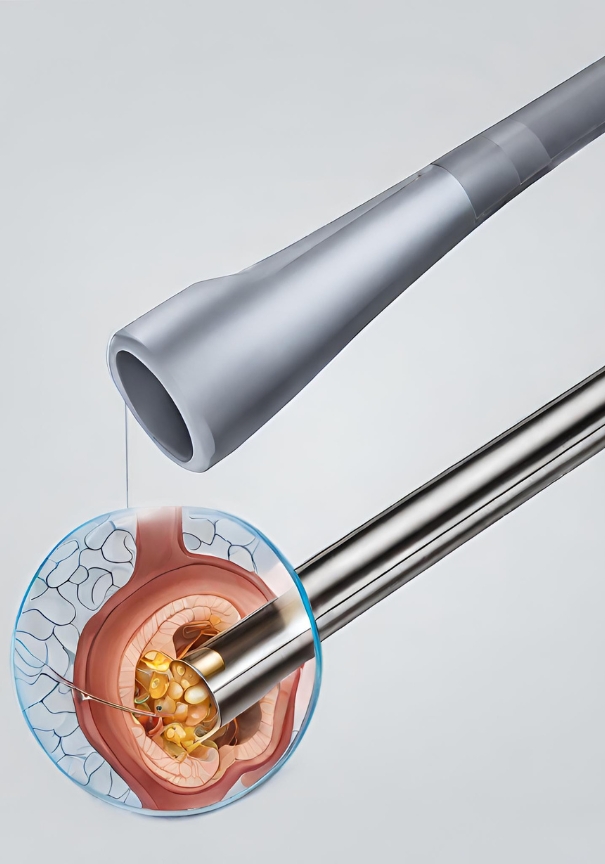Kidney Stones
Kidney stones are a common and often painful condition, and our specialized team is here to guide you through understanding, managing, and preventing this challenging urological issue. Texas Urological Clinic employs the latest diagnostic tools to accurately assess the composition and size of kidney stones, enabling the development of personalized treatment plans. From lifestyle modifications and dietary recommendations to medical management and advanced procedures like lithotripsy or minimally invasive surgery, we tailor interventions to your unique needs. We understand the discomfort and frustration associated with kidney stones, and our goal is to provide you with compassionate and effective care. Explore our resources to gain insights into kidney stone prevention, treatment options, and recovery strategies. You can trust in Texas Urological Clinic to deliver comprehensive, patient-centered care, ensuring your well-being and comfort throughout the proccess.


Causes
Treatment
Treatment depends on the size of the stones, composition, and severity of symptoms. Small stones may pass on their own with increased fluid intake to facilitate flushing. Pain management medications help alleviate discomfort during passage. Larger stones or those causing significant pain may require medical intervention. Extracorporeal Shock Wave Lithotripsy (ESWL) uses shock waves to break stones into smaller fragments for easier passage. Ureteroscopy involves a thin tube with a camera to remove or break up stones. In some cases, surgical intervention is necessary. Prevention strategies include hydration, dietary adjustments, and medications.

Percutaneous Nephrolithotomy (PCNL)

